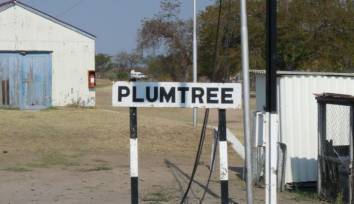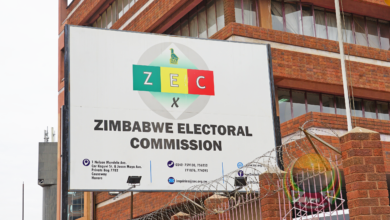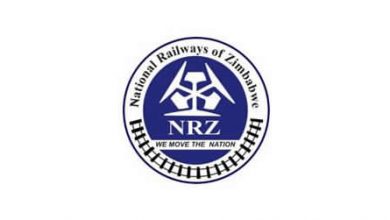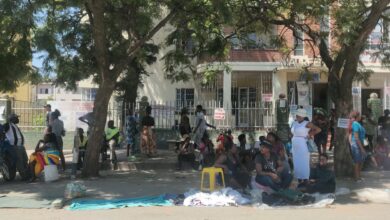Xhosa prince condemns Xenophobia, calls for unity
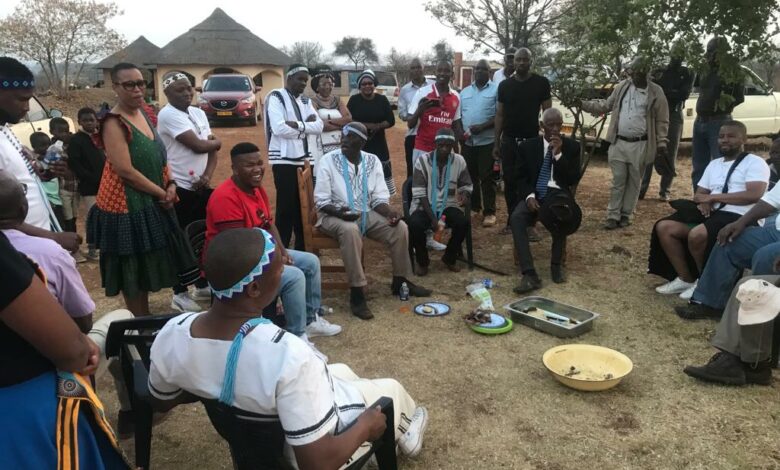
Xhosa Prince, Mcleod Isolengwe Tshawe of Mbembesi has condemned the rising xenophobic sentiments in South Africa, saying that South Africans must recognise that despite diverse cultures, Africa is one and its people are interlinked.
His remarks follow a visit by a Xhosa delegation from the Eastern Cape in South Africa who came to Mbembesi to connect with their Xhosa counterparts in Zimbabwe and honour their common culture while engaging in meaningful exchanges of ideas, stories plus experiences.
The tour is part of a cultural initiative called “Khenketha NoMhlobo Cultural and Heritage Experience,” organised by Umhlobo Wenene FM, South Africa’s IsiXhosa-language radio station with over four million listeners.
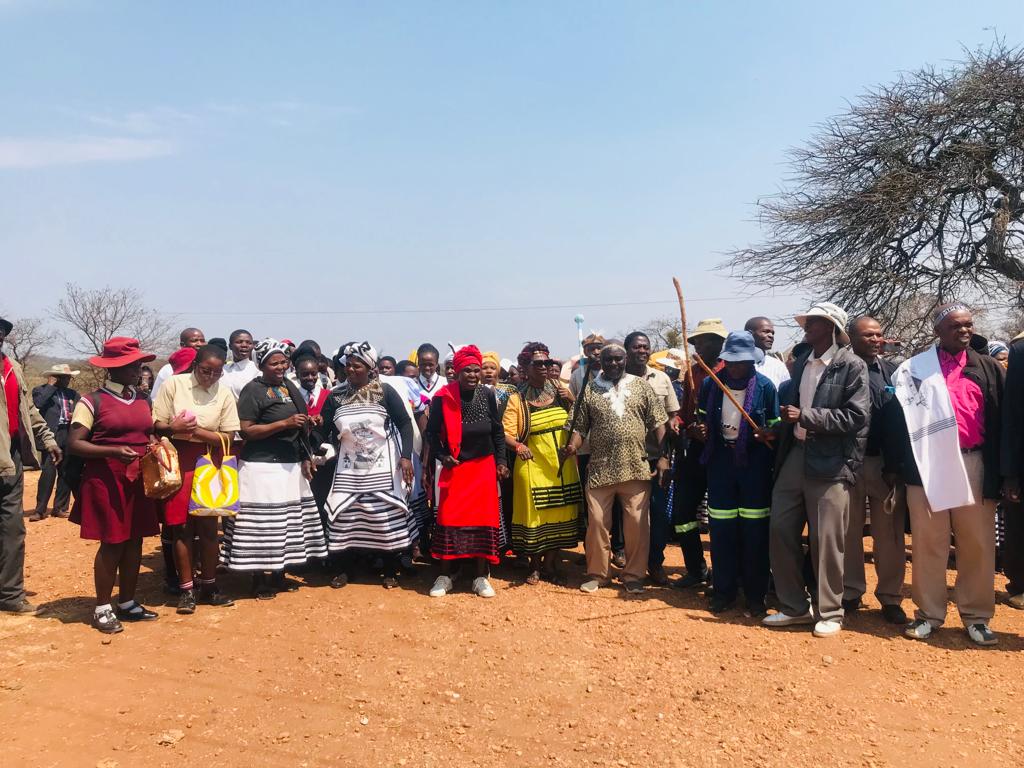
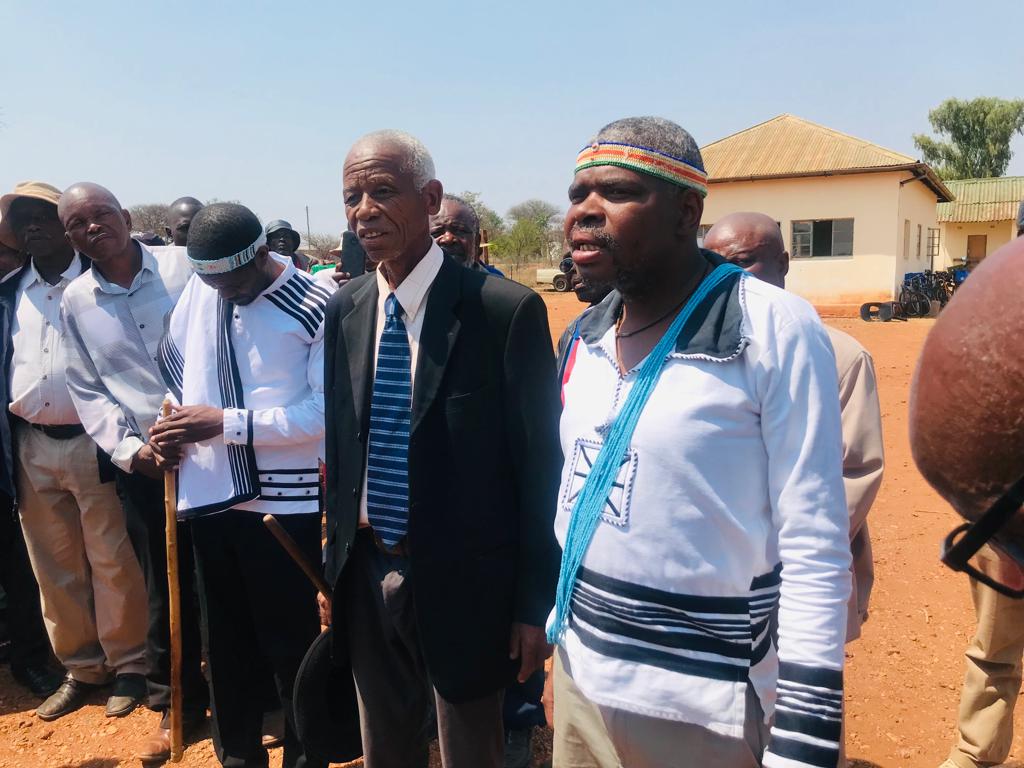
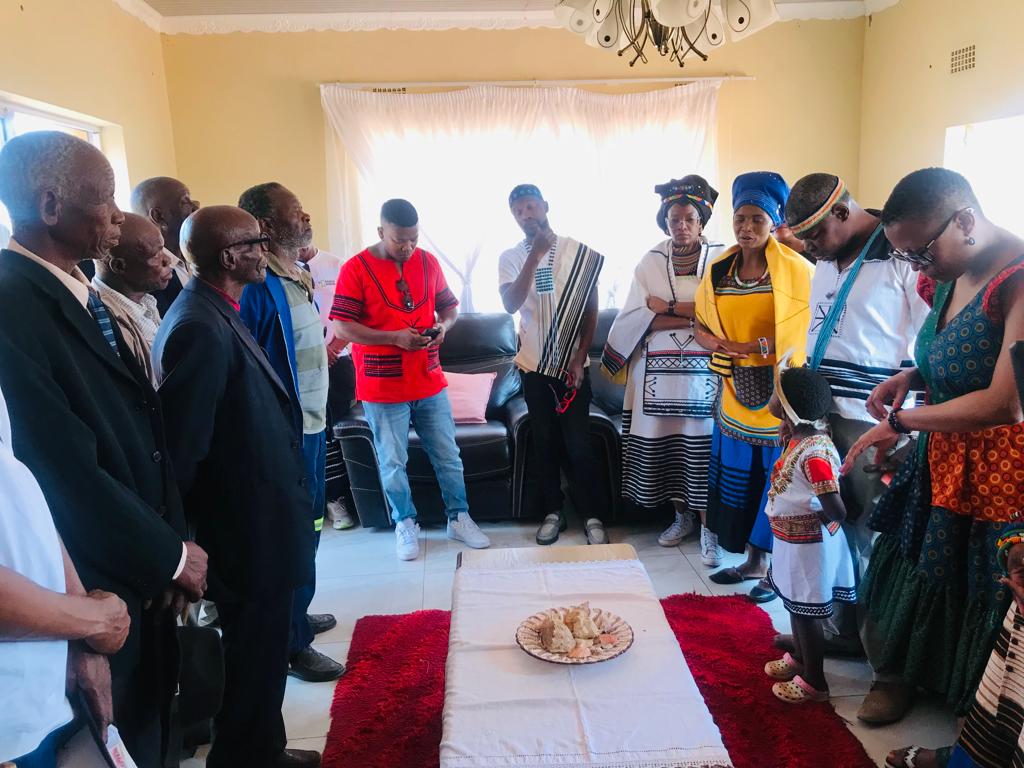
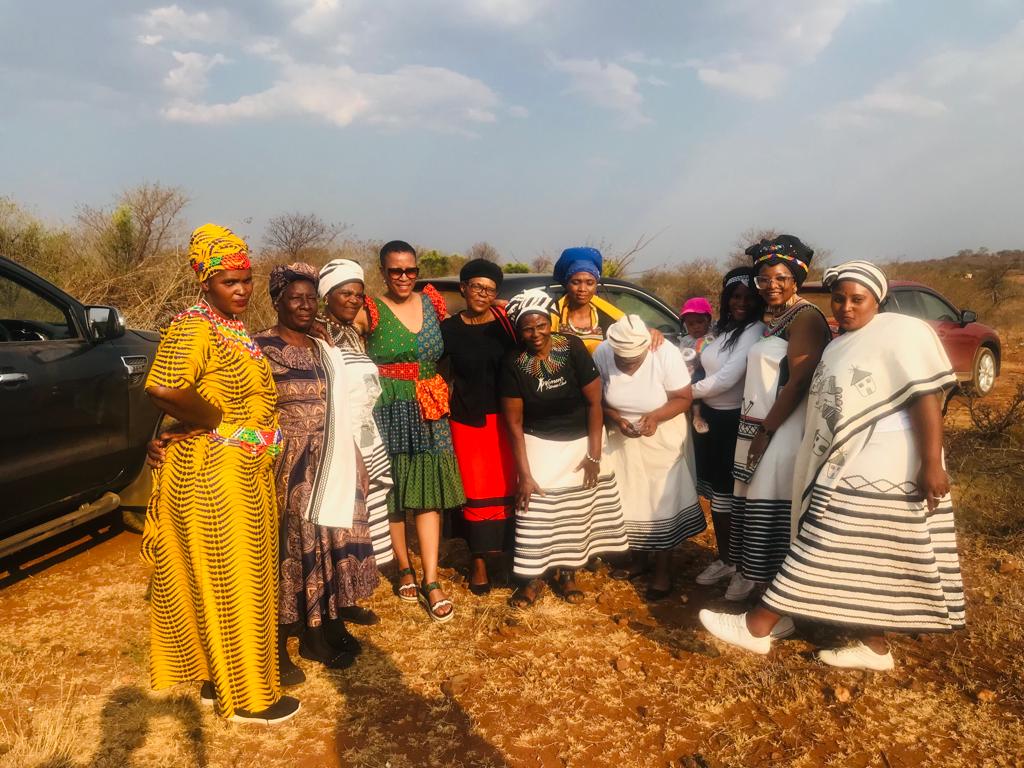
The team that visited Mbembesi is part of Umhlobo Wenene FM’s breakfast show, i-Brakfesi Eyondlayo Ekuseni (BEE) which has been broadcasting since 2009.
Addressing the Xhosa community at Ngxigweni Village at Mbembesi on Tuesday, Prince Tshawe said the Xhosa in South Africa and those in Zimbabwe are the same people in terms of blood and not just through similarity of surnames.
“Africa is one and if it were up to me. I would stop divisions and end borders because we are all African children,” he said.
On that note, the Xhosa prince said Africans must unite.
“There are Xhosas in Zimbabwe, in Botswana -Maung, Francistown, Palapye, Mahalapye and in Zambia. The late Xhosa King, Kumkani Zwelonke loved his people and made an undertaking to visit his people and came to Zimbabwe in 2011. South Africa must know there are many Xhosa people here. We are one and that’s why xenophobia must stop,” he said to applause.
Directing a message to South Africans, Price Tshawe said “You are killing your children because we are one,” and added, “I don’t know how you will identify them because we are all Black.”
Prince Tshawe added that the Xhosa community in Zimbabwe was a significant population.
“I don’t have statistics but there are about 200 000 Xhosa people in Zimbabwe,” he claimed and noted that some Xhosa from Karoi travelled over 500 km to Mbembesi to welcome the Umhlobo Wenene team.
“The journey of South African Xhosas wanting to connect with Xhosa in Zimbabwe didn’t start today but started when I met Kumkani Zwelonke in Johannesburg. We discussed this and he came to Zimbabwe in 2011 to see the Xhosa. This visit today by Umhlobo Wenene is a continuation of that journey.”
The prince also expressed gratitude to Zimbabwean broadcaster, Morris Touch, who facilitated the trip of the Umhlobo Wenene team to Zimbabwe.
“Your trip, Umhlobo Wenene inspires and humbles us. Not only did you cross a river but crossed the South African and Zimbabwean border. You came to Zimbabwe during the right time when it’s summer and there are no mosquitoes,” Prince Tshawe joked.
Umhlobo Wenene FM Station Manager, Loyiso Bala, thanked the Xhosa community in Mbembesi for welcoming them.
“When we did our research, we found out that Isixhosa is one of the official languages in Zimbabwe and that there are over 200 000 yamaXhosa in Zimbabwe. Since it is heritage month, where we celebrate where we come from, our identity and heritage, we thought what a wonderful way to celebrate it other than to come to Zimbabwe, koBulawayo eMbembesi where most of the Xhosa reside,” he said.
“We came to unite and importantly learn about the nuances of Xhosa culture and different cultures in Zimbabwe. It is wonderful! Although there are things that make us different there are so many things that make us the same. I don’t feel I’m outside my country in South Africa but I feel at home here.”
Bala hoped that next year this visit would be replicated with Zimbabweans going to South Africa.
“We hope to see our brothers and sisters from Mbembesi from Xhosa or other cultures come and visit us. They must know they are home at Umhlobo Wenene,” Bala said.
“Cultural exchange begins when you begin to visit and sleep over at each other’s house where you learn more about each other. I truly believe once you know each other, you fear each other less.”
Chief Ndondo of Mbembesi described the visit as a historic moment that would strengthen culture preservation.
“We call this ukubhiyoza, where we come together, have entertainment and liaise on development. Despite the border in between, the relationship between the Xhosa here and Xhosa in South Africa shows we are still a family,” he said.
“This is an opportune moment for us and our children, who will learn a lot from this experience. This moment will be archived for future generations to remember this historic moment.”
Chief Ndondo noted that isiXhosa spoken in Zimbabwe and South Africa was the same, and the two groups shared the same customs.
“The only hindering factor is the border but we are trying to bridge that gap. It has been over 100 years since Xhosa people relocated from the Eastern Cape to here but we still maintain the same culture,” he said.
“Every time there is a wedding or funeral in South Africa, we travel because we have relatives there. In October, we will also attend umgubho, a traditional event such as the reed dance from Eswatini. Our weddings are close to identical, the initiation from boyhood to manhood is 90 percent similar, so really, we have preserved our culture.”
Chief Ndondo was accompanied by his three headmen, Timothy Majozi, Okay Mbulani, and Bongile Mntambo, as well as their 12 village heads from Bhuluda, KwaVeni, Mantanjeni, Ngxingweni, Sojini, Mazizini, Mbethe, Mandlutsha, Mahawana, Ngqakala, Mabheleni, Mthamzeli.
Umhlobo Wenene’s tour was sponsored by VIB Mobile, a vendor for Mobile Network Operators in Southern African countries.



